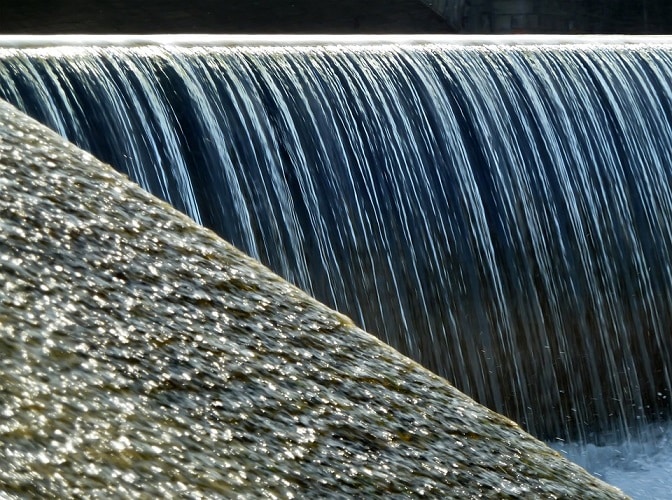The Center for Sustainable Landscapes (CSL) net-zero building at Phipps Conservatory and Botanical Gardens in Pittsburgh, Pennsylvania, is globally recognised as one of the greenest buildings on the planet. This is in no small part thanks to a decentralised water system that treats all non-potable water on site.
Recent research done via collaboration between Phipps and the University of Pittsburgh’s Swanson School of Engineering has provided some of the first insights into and a greater understanding of the life cycle of water reuse systems designed for living buildings, from construction through day-to-day use.
The research, titled “Evaluating the Life Cycle Environmental Benefits and Trade-Offs of Water Reuse Systems for Net-Zero Buildings,†is published in the journal Environmental Science and Technology (DOI: 10.1021/acs.est.6b03879), and is the first-of-its-kind research utilising life-cycle assessment (LCA).
Dr. Bilec, one of the co-authors of the study, said: “As water becomes more of a precious resource around the globe, there is a greater focus on developing new methods of water efficiency and water conservation. We’ve worked closely with Richard and Phipps since the CSL was first designed, and its decentralized water system provides a unique opportunity to explore how these strategies can be an alternative to traditional systems.”
This research is the first to consider both water supply and treatment at a comprehensive site or in the context of a net-zero energy/water building.
“Using ground-breaking processes in the building of the CSL has allowed us to work with Pitt to conduct research and learn about their efficacy, and will allow others to use this knowledge to advance their own work,” said Mr. Piacentini, Phipps executive director. “The only way to make a difference is by providing the resources for others to succeed.”
The research found that a decentralised water system operates well for a facility like the CSL, but the environmental benefits or trade-offs for such systems are dependent upon their lifetime of use and may not necessarily be practical or environmentally preferable. A similar system might be more environmentally and economically efficient for a development of multiple homes or buildings, rather than one structure.
The impact of a decentralised system in a water-scarce region may be more beneficial than its environmental footprint. The decision of what water system to build and its scale should be evaluated within the context of the entire life of the structure or site it supports.
Get water coolers and rent water coolers from Living-Water.






